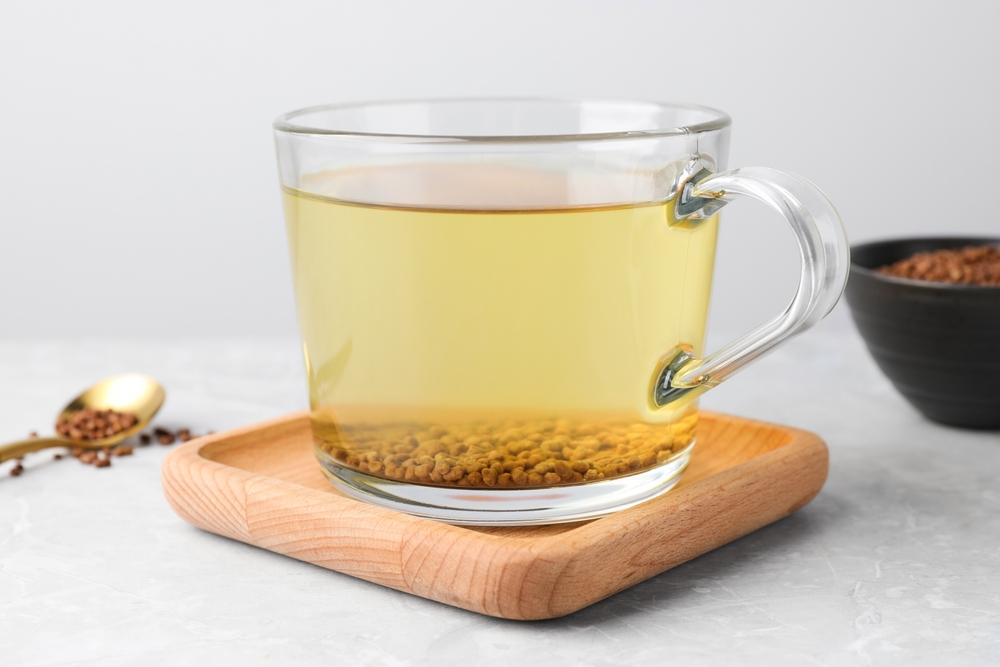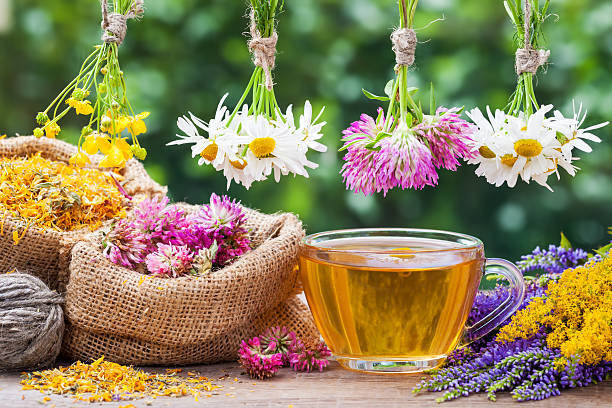For centuries, civilizations across the world have relied on the healing properties of herbs. From the Ayurvedic traditions of India to Traditional Chinese Medicine (TCM) and the holistic approaches of Native American healers, plants have been used to treat ailments, boost immunity, and promote overall well-being. In today’s modern world, scientific research increasingly supports these ancient practices, highlighting the relevance of herbal remedies in contemporary wellness.

The Roots of Herbal Medicine
Herbal medicine dates back thousands of years. Ancient Egyptians documented their knowledge of medicinal plants on papyrus scrolls, while Hippocrates, the “Father of Medicine,” emphasized plant-based treatments. Ayurveda, an Indian system of medicine over 5,000 years old, classifies herbs based on their effects on the body’s three doshas—Vata, Pitta, and Kapha. Meanwhile, TCM integrates herbs into formulas designed to balance the body’s energy, or Qi.
These traditional systems recognized that plants contain powerful compounds capable of addressing a range of health issues. Modern science now identifies these compounds as phytochemicals—natural substances with therapeutic benefits.
Science Meets Tradition: Validating Herbal Remedies
Recent studies have validated many traditional herbal remedies, bridging the gap between ancient wisdom and modern medicine. For instance:
- Turmeric (Curcuma longa), a staple in Ayurvedic medicine, contains curcumin, which has anti-inflammatory and antioxidant properties. Research suggests it may help manage arthritis, depression, and even reduce the risk of chronic diseases.
- Ginger (Zingiber officinale) has long been used for digestive issues, and studies confirm its effectiveness in reducing nausea, improving digestion, and even fighting infections.
- Echinacea is widely used to boost the immune system, particularly against colds and flu, and scientific research supports its role in reducing the severity and duration of infections.
- Ashwagandha (Withania somnifera), an adaptogenic herb in Ayurveda, has been found to reduce stress, lower cortisol levels, and improve cognitive function.
These examples demonstrate how modern research is rediscovering the healing potential of plants that our ancestors have trusted for generations.
Holy Basil (Ocimum sanctum) – The Adaptogenic Herb
Also known as Tulsi, Holy Basil is a revered herb in Ayurveda, known for its adaptogenic and immune-boosting properties. Scientific research suggests it can:
- Reduce stress and anxiety by regulating cortisol levels
- Support respiratory health, helping with asthma and colds
- Balance blood sugar levels
- Act as an antioxidant, protecting against oxidative stress
Peppermint (Mentha × piperita) – The Digestive Aid
Peppermint has been used medicinally for thousands of years and is widely studied for its effects on digestion and pain relief. Key benefits include:
- Relieving symptoms of irritable bowel syndrome (IBS)
- Easing indigestion, bloating, and nausea
- Reducing headaches when applied as an essential oil
- Acting as a natural decongestant for colds and sinus infections
Peppermint is consumed in teas, as a digestive oil, or applied topically for headaches.
Chamomile (Matricaria chamomilla) – The Calming Herb
Chamomile is a well-known herbal remedy for relaxation and sleep. Research supports its effectiveness in:
- Reducing stress and anxiety
- Promoting better sleep quality
- Soothing digestive discomfort
- Acting as an anti-inflammatory agent
Chamomile is most commonly consumed as a herbal tea before bedtime.
The Role of Herbal Remedies in Modern Wellness

In an era where synthetic medications often come with side effects, people are increasingly turning to natural alternatives. Herbal remedies offer a holistic approach to health, working with the body’s natural processes rather than merely masking symptoms.
Many people incorporate herbs into their daily routines through herbal teas, essential oils, tinctures, or supplements. Herbal skincare products, organic herbal supplements, and plant-based nutrition are gaining popularity as consumers seek natural ways to enhance well-being.
However, responsible use is essential. While herbs can offer powerful health benefits, they must be used correctly. Some herbs may interact with prescription medications, and not all herbal remedies are suitable for everyone. Consulting a qualified herbalist or healthcare professional is always recommended.
Conclusion
Herbal remedies embody a fusion of ancient wisdom and modern science, providing natural solutions for health and wellness. As research continues to validate their benefits, these time-honored traditions remain relevant in the contemporary world. Whether through teas, supplements, or dietary choices, embracing the power of herbs allows us to tap into nature’s medicine cabinet for a healthier, more balanced life.
